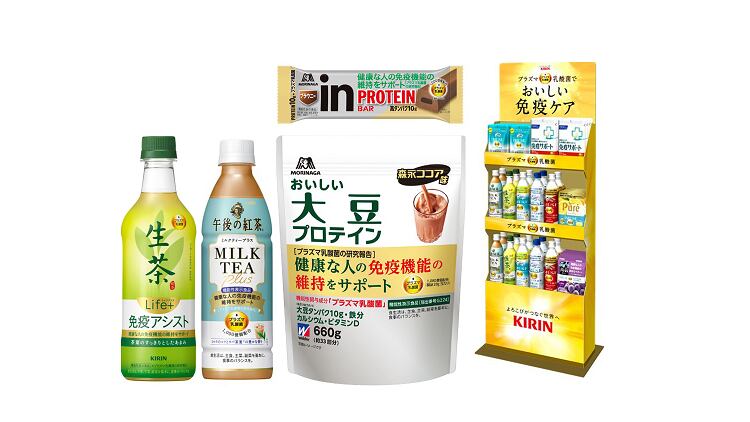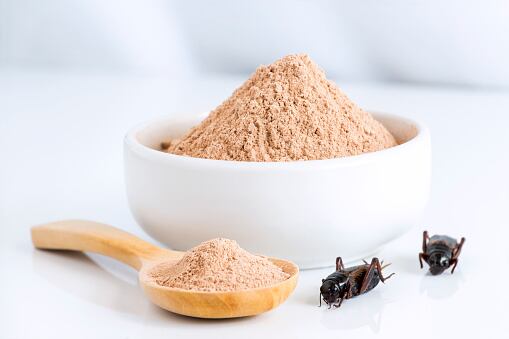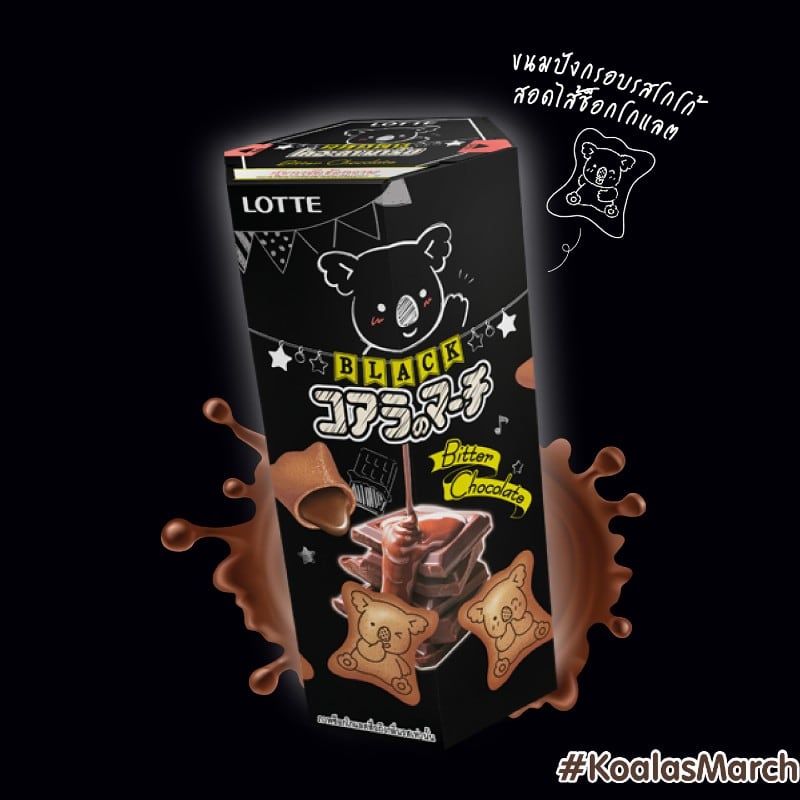The Scottish, English and Welsh parliaments all passed legislation late last month to remove all import restrictions on food and beverage products coming in from Japanese regions that had been affected by the Fukushima Daiichi Nuclear Power Station accident in 2011.
The development comes about six months after it was reported that the UK Food Standards Agency (FSA) had published a risk assessment report on radiological risk to human health if restrictions were removed, which had results very positive in favour of Japan.
The Japanese regions by the nuclear incident were Fukushima, Miyagi, Nagano, Gunma, Ibaraki, Yamanashi, Yamagata, Shizuoka, and Niigata. After the accident, a total of 55 countries worldwide implemented import sanctions, restrictions and bans on products from these prefectures, including the United Kingdom.
This latest development does not apply for Northern Ireland, which continues to employ EU restrictions, but overall it has effectively opened up Japan’s access to the United Kingdom market with far fewer trade barriers than before, leading to the former receiving this news with understandable cheer.
“This removal of import restrictions by the United Kingdom will serve to greatly encourage both tradesmen and consumers in the affected areas, and the Ministry of Agriculture, Forestry and Fisheries (MAFF) Japan sincerely welcomes them,” MAFF wrote in a formal statement.
“We see this deregulation as a great opportunity, and will take initiative to actively promote the export of [Japanese] foods, beverages, agriculture, forestry and fishery products to the United Kingdom based on the idea of market-in (satisfying consumer demands and needs).
“It has been over 10 years since the nuclear incident, and now just 13 countries remain with import restrictions and/or bans on food and beverage products from the prefectures affected by the disaster – Japan will continue to work to get these removed.”
According to MAFF data, of the 55 countries that introduced restrictions and bans in 2011, 42 have lifted all measures on food and beverage imports including markets with notoriously strict food safety authorities such as Australia, New Zealand and Singapore, as well as most the United States and now the United Kingdom.
Of the remaining 13, eight (including the EU, Iceland, Norway, Russia, Indonesia) have removed full-on import bans in favour of test certificate requirements, and just five still have import bans in place namely China, Korea, Taiwan, Hong Kong and Macau.
“Major products that were affected include rice, vegetables & fruits, tea, medicinal plants, milk & dairy products, meat (beef, pork and poultry), fishery products and processed foods, and we still have work to do [especially for the remaining countries to regain full confidence] in fruits, vegetables and fishery products,” said the ministry.
“But so far over 75% of all the countries that had introduced import measures on Japanese food following the nuclear accident have eliminated these measures, [and we see] no reason we will not be able to [get the remaining markets to do the same with time].”
Online request and justification
On the same day that the United Kingdom announced its lifting of import restrictions, MAFF also published a 12-page report on its ‘Request and justification for lifting the import measures on Japanese food regarding radionuclides’ targeted at the remaining countries with restrictions still in place.
In this document, the ministry stressed that control and monitoring measures have been put into place to ensure that food exported out of the regions is safe for consumption, and once again urged markets to reconsider any remaining sanctions.
“Soon after the accident, Japan already started decontamination measures [throughout the food supply chain] from crop land to fruit trees and introduced a risk-based food monitoring scheme; in addition to setting up the Nuclear Emergency Response Headquarters to control restrictions on food distribution and intake as well as guidelines of the monitoring plan,” said MAFF.
“All food is monitored by prefectural governments based on the maximum levels of radio-cesium set by the Ministry of Health, Labour and Welfare and items exceeding these levels are recalled and disposed of – our monitoring has also shown that levels in [all] major food items are safe for human consumption.
“Monitoring tests of Japanese food at export countries only detected non-compliance to reference levels soon after the accident – non-compliance to Japanese maximum levels (stricter than CODEX levels) has not been detected for over eight years.
“International authorities such as the FAO/IAEA have already assessed that in Japan the measures and response against radionuclides contamination in food are appropriate and the food supply chain is controlled effectively, [hence] Japan believes there is no scientific rationale to maintain any import measures, and requests to have these removed.”





